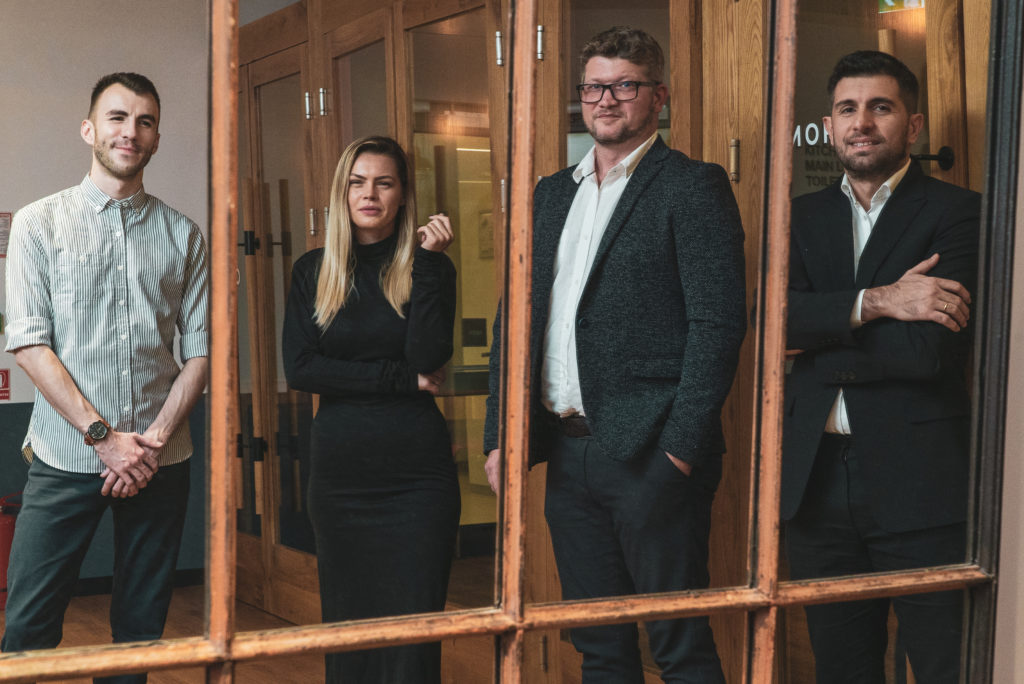

i-Factor comprises a 15 amino acid stretch of Type I collagen bound to an anorganic bone mineral (ABM) and pre-mixed in a hydrogel carrier. The P-15L Bone Graft is Cerapedic’s latest bone graft product and is a reformulation of its already-approved peptide enhanced bone graft, i-Factor. from Missouri University of Science and Technology, and specifically his ceramics research has turned into a major asset toward his success in orthobiologics. His Ceramic Engineering (material science) Ph.D. Marx joined the company in 2013 after 13 years with Orthovita (which was acquired by Stryker Corporation in 2011) where he helped develop Vitoss, a beta-tricalcium phosphate synthetic bone graft. OTW spoke with Marx recently to learn more about the new P-15L product, the history of Cerapedics, and what recent FDA approvals mean for the company. “The reduction in requirement will help us significantly reduce the enrollment period of the IDE Study and lead to an earlier PMA submission," said Glen Kashuba, Cerapedics CEO. The use of Bayesian statistics for clinical trials seeking FDA approval has become more commonplace in the last two decades with the increased availability of computational power. The company also expects to perform an analysis using Bayesian statistics after about two-thirds of the enrolled patients complete the two-year follow-up to predict the outcomes of the study. The 94 patient decrease will make it easier for the company to complete enrollment and finish the study ahead of schedule.

For context, studies frequently use non-inferiority margins of 15% (i.e., the experimental device or drug must be at least 85% as efficacious as the active comparator to be considered non-inferior). The change was due to an increase in the non-inferiority margin for the study from 10% to 12.5%, which will allow for fewer enrolled patients to reach statistical significance for non-inferiority. “We are pleased to announce FDA approval of an IDE supplement resulting in a reduction of the total number of patients required to be enrolled in our IDE study for P-15L cell-binding peptide technology in the TLIF application," said company President and COO Jeffrey Marx, Ph.D.
#WHO OWNS IFACTOR ENGINEERING TRIAL#
On July 22, the FDA approved a supplement for the trial reducing the required enrollment from 364 to 270 patients in the ASPIRE IDE study.

Colorado-based Cerapedics, Inc., with a July 22 FDA ruling and its current investigational device exemption (IDE) trial for the P-15L Bone Graft, is clearly taking aim at Medtronic’s Infuse.


 0 kommentar(er)
0 kommentar(er)
